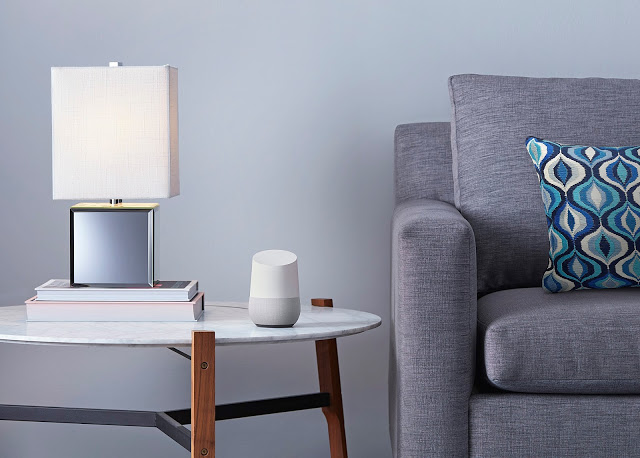This week we kick off the show with a bit about voice such as Google getting better at understanding your commands, the ability to talk to Waze and notifications coming to the Amazon Echo. We also touch on China’s plans to create standards for the smart home, including a preference for NB-IoT over Wi-Fi. Weather reporting gets more accurate without sensors and Kevin and I discuss the end of two smart light bulb startups. Finally, I offer a pro tip for the holidays and we answer a listener question about WeMo and HomeKit.

After all the news, things get a bit grim as I discuss the future of battle with Tarek Abdelzaher, a professor of computer science at the University of Illinois Urbana Champaign. He’s part of a team that won a research grant from the U.S. Army Research Lab to figure out how to bring the internet of things to the battlefield. Our discussion ranges from technical elements to the ethics of having machines kill people. It will make you think.
Hosts: Stacey Higginbotham and Kevin Tofel
Guest: Tarek Abdelzaher, a professor of computer science at the University of Illinois Urbana Champaign
Sponsors: Spark Cognition and ADT
- Google Home gets a great new feature
- China’s setting some standards for the smart home
- Goodbye Emberlight and so long Stack Lights
- What can Facebook teach us about programming sensors?
- Will machines kill in the war of the future?
Podcast: Play in new window | Download | Embed
Subscribe: RSS
